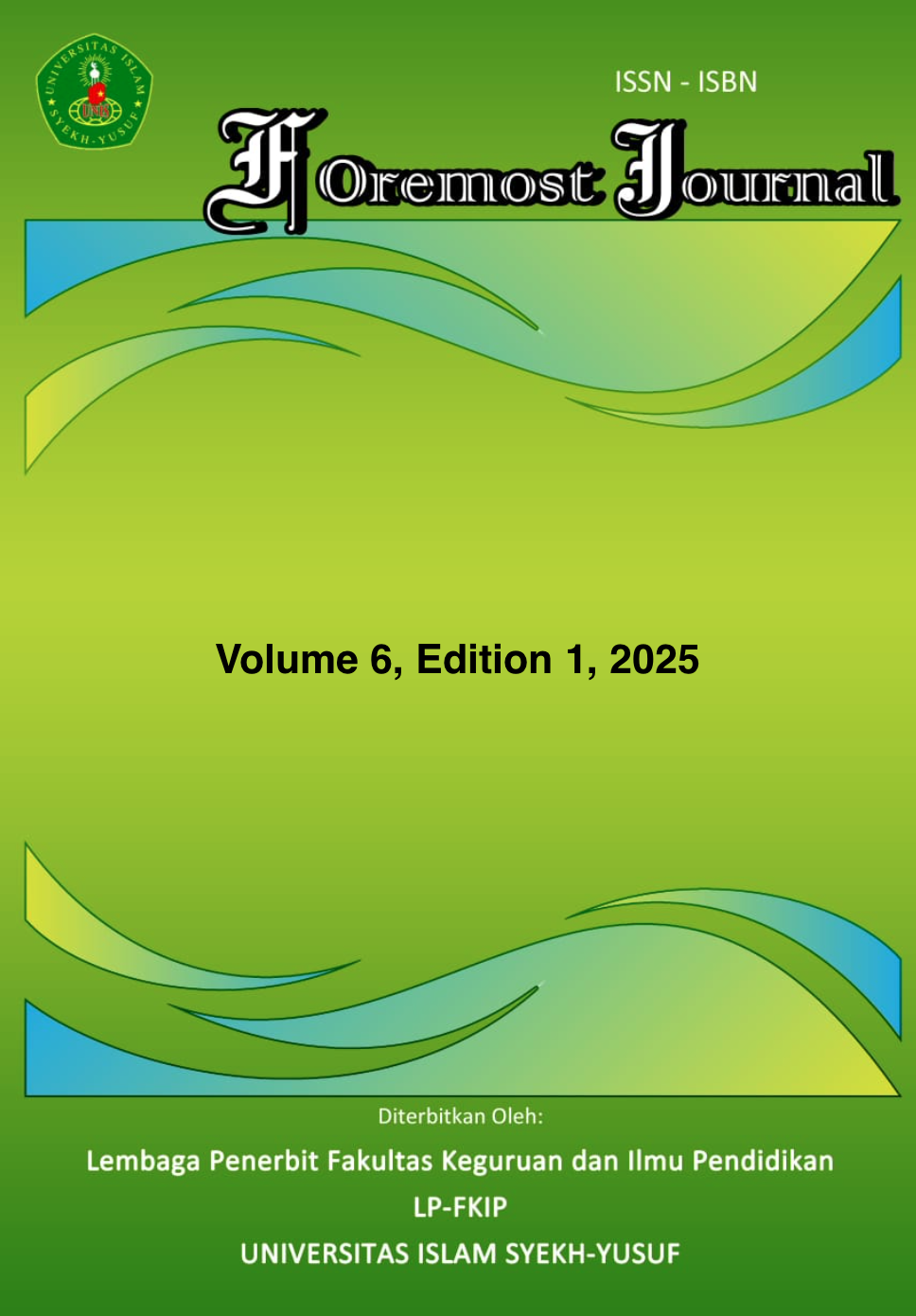Students’ Difficulties in Listening Sessions through Liveworksheets At SMP Puri Artha Karawang
DOI:
https://doi.org/10.33592/foremost.v6i1.4901Keywords:
Students' Difficulties, Listening Sessions, LiveWorksheetsAbstract
Many students do not have a sufficient level of listening skill. Students’ difficulties in listening include the areas of pronunciation, stress, intonation, vocabulary, and syntactic structure. This study aimed to investigate listening sessions through LiveWorksheets at SMP Puri Artha Karawang. This study included 25 students from grade seven. In conducting the study, the researcher applied a descriptive qualitative method. The researcher used semi-structured interview questions as the instrument of this research. The findings show that students faced listening difficulties mostly because of different speaker accents. Mostly, the students used entertaining media to overcome this challenge. Moreover, it is also found that out of nine difficulties found, seven are related to listening in general and two are related specifically to the use of LiveWorksheets which are unclear audio/sounds and technical error.
Downloads
Published
How to Cite
Issue
Section
License
Copyright (c) 2025 Foremost Journal

This work is licensed under a Creative Commons Attribution-NonCommercial-ShareAlike 4.0 International License.
- Authors certify that the work reported here has not been published before and contains no materials the publication of which would violate any copyright or other personal or proprietary right of any person or entity.
- Authors transfer or license the copyright of publishing to Foremost Journal to publish the article in any media format, to share, to disseminate, to index, and to maximize the impact of the article in any databases.
- Authors hereby agree to transfer a copyright for publishing to Foremost Journal a Publisher of the manuscript.
- Authors reserve the following:
- all proprietary rights other than copyright such as patent rights;
- the right to use all or part of this article in future works of our own such as in books and lectures;
- use for presentation in a meeting or conference and distributing copies to attendees;
- use for internal training by author's company;
- distribution to colleagues for their research use;
- use in a subsequent compilation of the author's works;
- inclusion in a thesis or dissertation;
- reuse of portions or extracts from the article in other works (with full acknowledgement of final article);
- preparation of derivative works (other than commercial purposes) (with full acknowledgement of final article); and
- voluntary posting on open web sites operated by author or author’s institution for scholarly purposes, but it should follow the open access license of Creative Common CC BY-NC-SA License.



